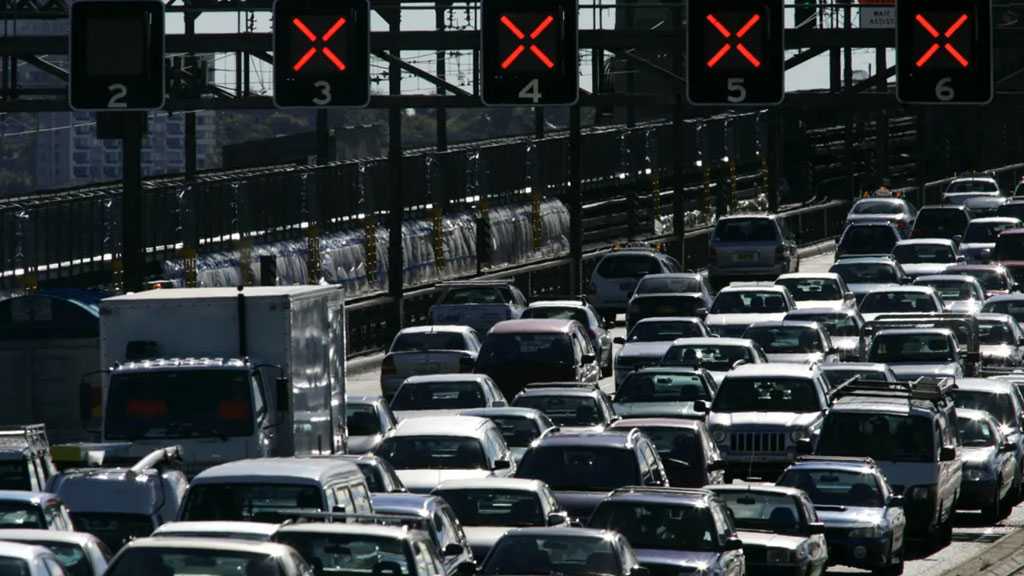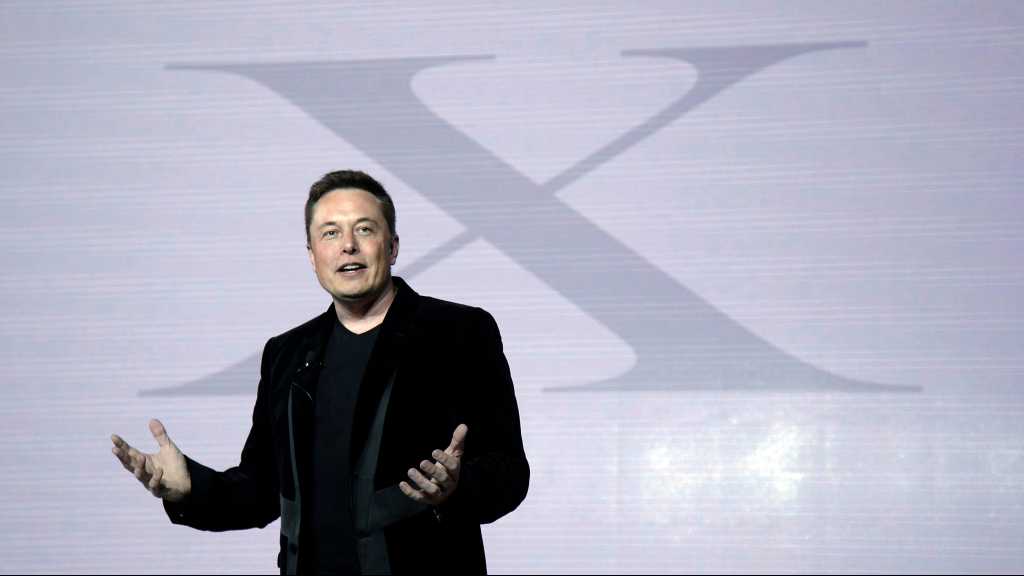
World’s Biggest Carmakers to Build 400 M More Vehicles Than 1.5 C Climate Target Will Allow

By Staff, Agencies
The world’s biggest carmakers plan to build about 400 m more diesel and petrol cars than what is sustainable to contain global heating, a study has found.
Researchers from the University of Technology Sydney [UTS], the University of Applied Sciences of the Industry in Bergisch Gladbach and Greenpeace Germany compared the rate at which the world needed to embrace zero-emissions vehicles with the rate at which major car companies were planning to produce various models.
The report, which focused on 12 carmakers globally, showed some of Australia’s most popular brands – Toyota, Volkswagen and Hyundai/Kia – were on track to make far more petrol and diesel cars than is sustainable if the world is to limit global heating to the Paris climate agreement target of 1.5 C.
Researchers calculated the global carbon budget – how much carbon the world can still emit and remain within a 1.5 C envelope – using a climate model developed by UTS and came up with a figure of 53 Gt.
“The carbon budget of 53 Gt allows for the sale of an additional 315 million ICE [internal combustion engine] vehicles as of 2022,” the report states.
“At the same time, however, projected ICE sales range between at least 645 m and 778 m vehicles. This represents an overshoot of 105% to 147% compared to the 1.5°C-compatible number of ICE sales.”
Around the world carmakers are shifting towards electric vehicles, with companies such as Volvo, General Motors and Mercedes-Benz planning to stop manufacturing petrol engines, some as soon as 2025.
But Toyota was expected to produce 63 m more petrol and diesel cars than was sustainable, followed by Volkswagen with 43 m and Hyundai with 39 m, the report found.
Sven Teske, an associate professor at UTS and co-author of the report, said the research showed there was a need for a global ban on new petrol vehicles beyond 2030.
Comments
- Related News



